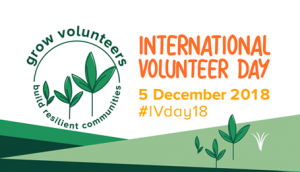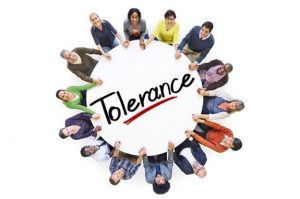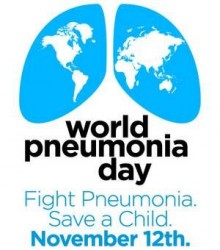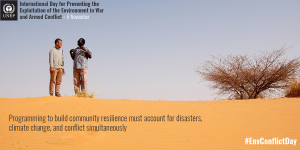
As per the official website of the United Nations (UN), Jazz is recogniSed for promoting peace, dialogue among cultures, diversity, and respect for human rights and human dignity, eradicating discrimination, promoting freedom of expression, fostering gender equality, and reinforcing the role of youth for social change.
On International Jazz Day, people from all around the globe come together to celebrate this important art form, learn about its roots, history, impact, and future.
International Jazz Day 2022 Theme
The theme for International Jazz Day 2022 is ‘A Call for Global Peace and Unity’. It focuses on the importance of unity and peace through dialogue and diplomacy.
International Jazz Day Quotes
“If you have to ask what jazz is, you’ll never know.” ― Louis Armstrong
« Life is a lot like jazz… it’s best when you improvise. » – George Gershwin
« Jazz to me is a living music. It’s a music that since its beginning has expressed the feelings, the dreams, hopes, of the people. » – Dexter Gordon
« Diplomacy is like jazz: endless variations on a theme. » – Richard Holbrooke
« Jazz is about being in the moment. » – Herbie Hancock
« That’s the thing about jazz: it’s free-flowing, it comes from your soul. » – Billy Crystal
“Jazz washes away the dust of everyday life.” – Art Blakey

 The United Nations General Assembly voted unanimously to designate February 4 — the anniversary of the signing of the “Document for Human Fraternity” by Pope Francis and Grand Imam Ahmad Al-Tayyeb — as the “International Day of Human Fraternity.”
The United Nations General Assembly voted unanimously to designate February 4 — the anniversary of the signing of the “Document for Human Fraternity” by Pope Francis and Grand Imam Ahmad Al-Tayyeb — as the “International Day of Human Fraternity.” 
 Nettoyons nos océans
Nettoyons nos océans The United Nations (UN) annually observes the International Volunteer Day for Economic and Social Development on December 5. The day, which is also known as International Volunteer Day (IVD), gives volunteers a chance to work together on projects and campaigns promoting their contributions to economic and social development at local, national and international levels.
The United Nations (UN) annually observes the International Volunteer Day for Economic and Social Development on December 5. The day, which is also known as International Volunteer Day (IVD), gives volunteers a chance to work together on projects and campaigns promoting their contributions to economic and social development at local, national and international levels. The United Nations’ (UN) Universal Children’s Day, which was established in 1954, is celebrated on November 20 each year to promote international togetherness and awareness among children worldwide. UNICEF, the United Nations Children’s Fund, promotes and coordinates this special day, which also works towards improving children’s welfare.
The United Nations’ (UN) Universal Children’s Day, which was established in 1954, is celebrated on November 20 each year to promote international togetherness and awareness among children worldwide. UNICEF, the United Nations Children’s Fund, promotes and coordinates this special day, which also works towards improving children’s welfare. The United Nations’ (UN) International Day for Tolerance is annually observed on November 16 to educate people about the need for tolerance in society and to help them understand the negative effects of intolerance.
The United Nations’ (UN) International Day for Tolerance is annually observed on November 16 to educate people about the need for tolerance in society and to help them understand the negative effects of intolerance. World Pneumonia Day is annually held on November 12 to raise awareness of pneumonia, promote prevention and treatment, and generate action to fight the illness.
World Pneumonia Day is annually held on November 12 to raise awareness of pneumonia, promote prevention and treatment, and generate action to fight the illness. Though mankind has always counted its war casualties in terms of dead and wounded soldiers and civilians, destroyed cities and livelihoods, the environment has often remained the unpublicized victim of war. Water wells have been polluted, crops torched, forests cut down, soils poisoned, and animals killed to gain military advantage.
Though mankind has always counted its war casualties in terms of dead and wounded soldiers and civilians, destroyed cities and livelihoods, the environment has often remained the unpublicized victim of war. Water wells have been polluted, crops torched, forests cut down, soils poisoned, and animals killed to gain military advantage. The United Nations attaches great importance to ensuring that action on the environment is part of conflict prevention,
The United Nations attaches great importance to ensuring that action on the environment is part of conflict prevention,